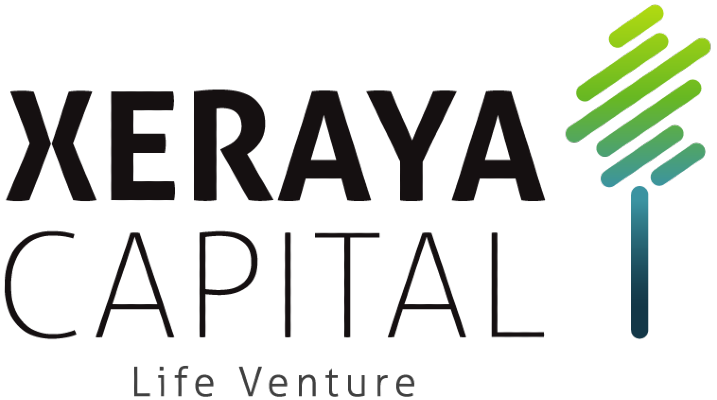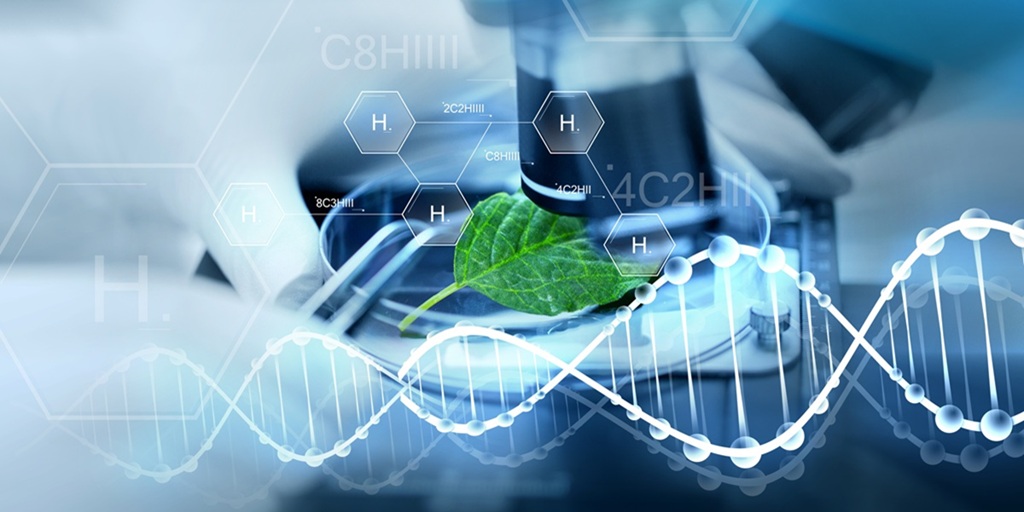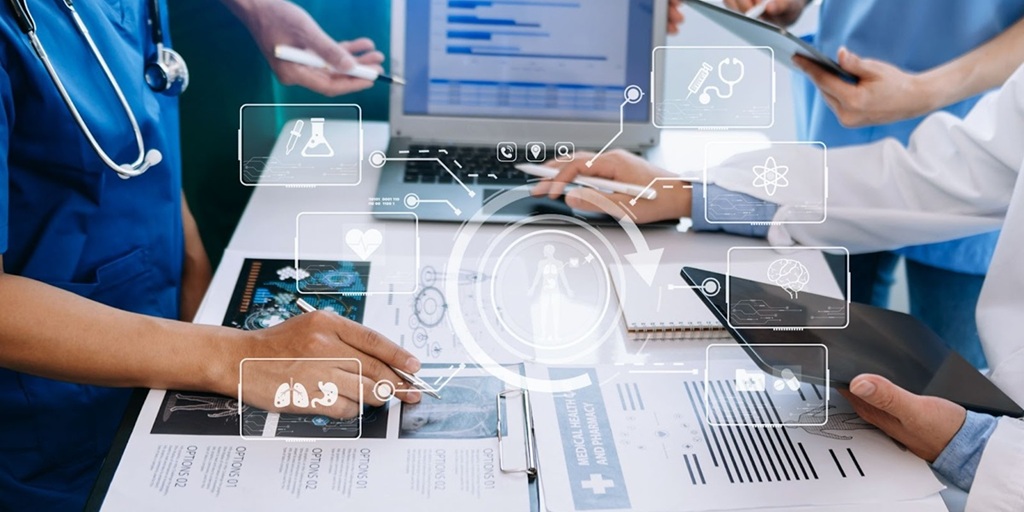Since its debut a year ago, ChatGPT, a text-generating chatbot has shaken up industries the world over, disrupting business with its ability to generate human-like text, essays, and codes with short text prompts. Today, as per TechCrunch, it is being used by 92% of Fortune 500 companies and has hit 100 million weekly active users.
This highly popular tool is the brainchild of OpenAI, a San Francisco-based AI research company. While there has recently been a change in leadership at the organisation that has sparked intense debate online and subsequently resulted in a dramatic re-hiring of its CEO Sam Altman, this week Xeraya focuses on how this technology will specifically transform key tasks in the healthcare and life sciences fields.

Explaining ChatGPT and its Use Cases in Healthcare and the Life Sciences
As mentioned above, ChatGPT is an AI chatbot rooted in the Generative Pre-Trained Transformer (GPT) architecture. It generates text and interprets context to produce coherent and relevant responses. At present, its strength is in performing language and information tasks, with most users engaging the tool to answer questions, read codes and fix bugs, and to write everything from essays to resumes, marketing copy to emails. Additionally, ChatGPT can read and analyse text and videos, as well as translate content from one language to another.
In healthcare and the life sciences specifically, ChatGPT can help in several key areas. For instance, pharmaceutical companies seeking to build a personalised customer journey map can use this tool to build one; it is also able to identify and suggest omnichannel marketing plans that can reach their target audience.
In the realm of patient interaction, ChatGPT offers medical entities the opportunity to build their own chatbot and scale it to meet specific patient requirements and situations. By using this generative AI technology, hospitals and clinics can capture crucial adverse event (AE) information from patients. It can take information from unstructured human conversations and convert it into data which can be read by downstream systems, thus speeding up the processing of cases and the reporting of adverse events. Simply put, ChatGPT can serve as a next-level virtual chat agent; when trained with the right prompts and contexts, it can guide patient conversations by asking the right questions and subsequently collect valuable information from these interactions in real-time.

In truth, the possibilities of using ChatGPT for healthcare and the life sciences can seem endless, but here are five situations where its potential is currently being seriously assessed:
- Drug Discovery: ChatGPT will analyse scientific literature to help researchers identify potential drug targets, understand molecular mechanisms, and generate hypotheses.
- Clinical Trials: The tool can assist in designing more efficient clinical trials, factoring in data such as suitable patient populations, appropriate endpoints and can predict potential challenges or risks.
- Clinical Data Management: The next frontier in data management is using ChatGPT to automate data conversion. It takes multiple different formats of case report forms, analyses data from different sources, and subsequently provides a cohesive data story that is aligned with a medical institution’s preferred standard.
- Patient Education and Support: Generative AI can be used to create personalised educational materials for patients, thus helping them to understand their condition and treatment options.
- Healthcare Provider Support: ChatGPT can be an intelligent virtual assistant, offering real-time support to providers in areas such as drug dosing, interactions, and contraindications.
The Market Size of Generative AI in Healthcare and Some Limitations
According to research company Precedence Research, the global generative AI in life sciences market size stood at $160 million in 2022, and is expected to hit $1,059.38 million by 2032, growing at a CAGR of 20.78%. This projection clearly indicates that this technology, which includes ChatGPT and other AI tools, has great potential to positively impact the healthcare and life sciences industries. It will help improve access to information, increase efficiency, and save costs. However, businesses should also be aware that the use of ChatGPT is currently still a relatively unregulated type of technology.

As such, players in both fields will need to familiarise themselves with the limitations of liability and truly ponder how much trust they are willing to place in this tool, as it is not immune to making errors – which in the medical field – could lead to serious consequences for patients. Additionally, the issue of data protection is at present a hot topic when it comes to ChatGPT, since it will have to process and interpret vast amounts of confidential healthcare data in the course of its work.
Another compelling question about this tool is whether it will eventually take the job of physician from humans. According to a recent study from the National Center for Biotechnology Information, this will most certainly not come to pass. Researchers in the US put ChatGPT to the test, concluding that the tool performs well on knowledge-based tests: it achieved 66% and 72% on the Basic Life Support and Advanced Cardiovascular Life Support exams and performed near the passing threshold on the United States Medical Licensing Exam; however, it failed in terms of context and nuance, which are two factors that are critical for safe and efficient patient care. The researchers posited that ChatGPT simply could not do a real doctor’s job when it comes to being able to implement medical knowledge, concepts, and principles in real-world settings. Additionally, in a separate analysis done by researchers Frey and Osborne on the future of employment, it was estimated that while administrative healthcare jobs automation is high (e.g., 91% for health information technicians), the probability of automation in terms of physicians and surgeons is 0.42%.
A Bright and Healthy Future with ChatGPT
To summarise, the possibility of using ChatGPT for a host of different functions in the healthcare and life sciences industries is still actively being explored; it has very real prospects of effectively transforming both fields and automating tasks that are both patient-facing and a part of internal operations; however, there are also ethical dilemmas such as copyright issues and data violations to be discussed. In the meantime, companies should in fact seek to discover just how useful this tool can be for their business, by learning how to leverage generative AI to its full potential.
Sources:
- TechCrunch: ChatGPT – Everything you need to know about the AI-powered chatbot.
- The Verge: OpenAI board in discussions with Sam Altman to return as CEO
- EuroNews: Sam Altman returns as CEO of ChatGPT creator OpenAI just days after firing along with a new board
- CMSWire: What is ChatGPT? Everything you need to know.
- Indegene: Using ChatGPT in life sciences – key applications and use cases.
- Precedence Research: Generative AI in life sciences market.
- National Center for Biotechnology Information: Opportunities and risks of ChatGPT in medicine, science, and academic publishing – a modern Promethean dilemma.
- Resuscitation Journal: Can ChatGPT pass the life support exams without entering the American Heart Association Course?
- JMIR Publications – How Does ChatGPT Perform on the United States Medical Licensing Examination?
- ScienceDirect: The Future of employment: how susceptible are jobs to computerisation?




